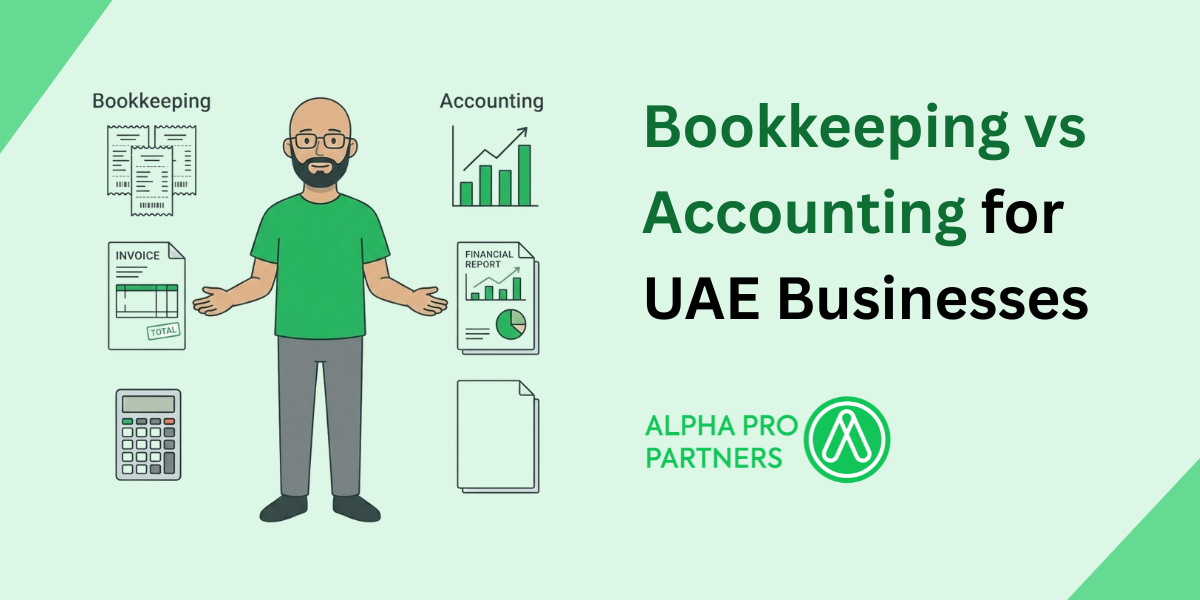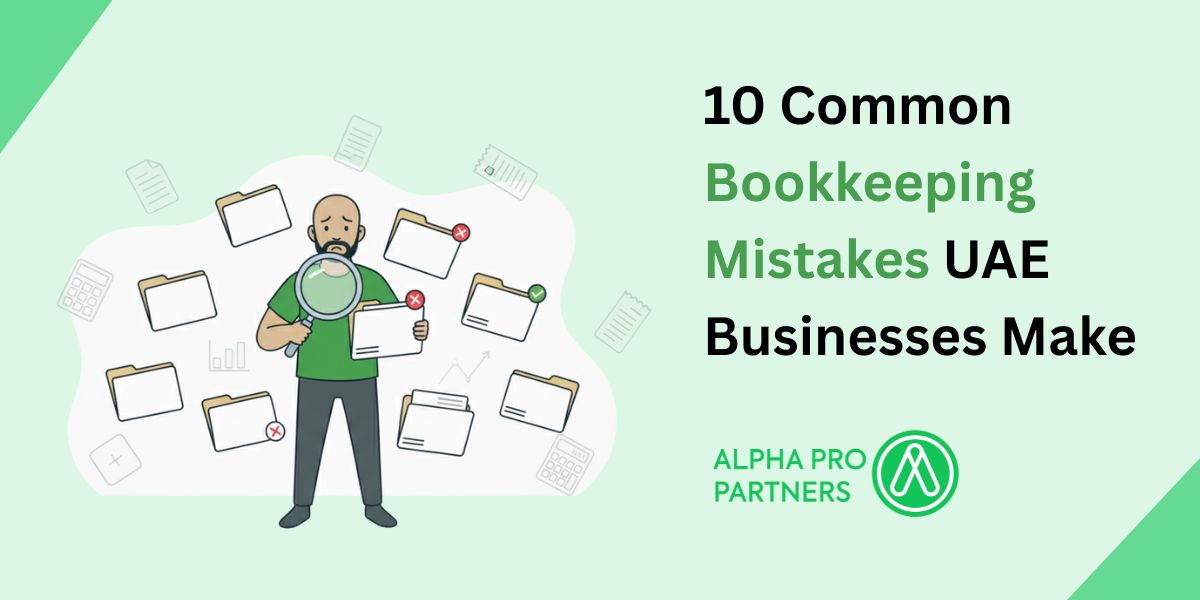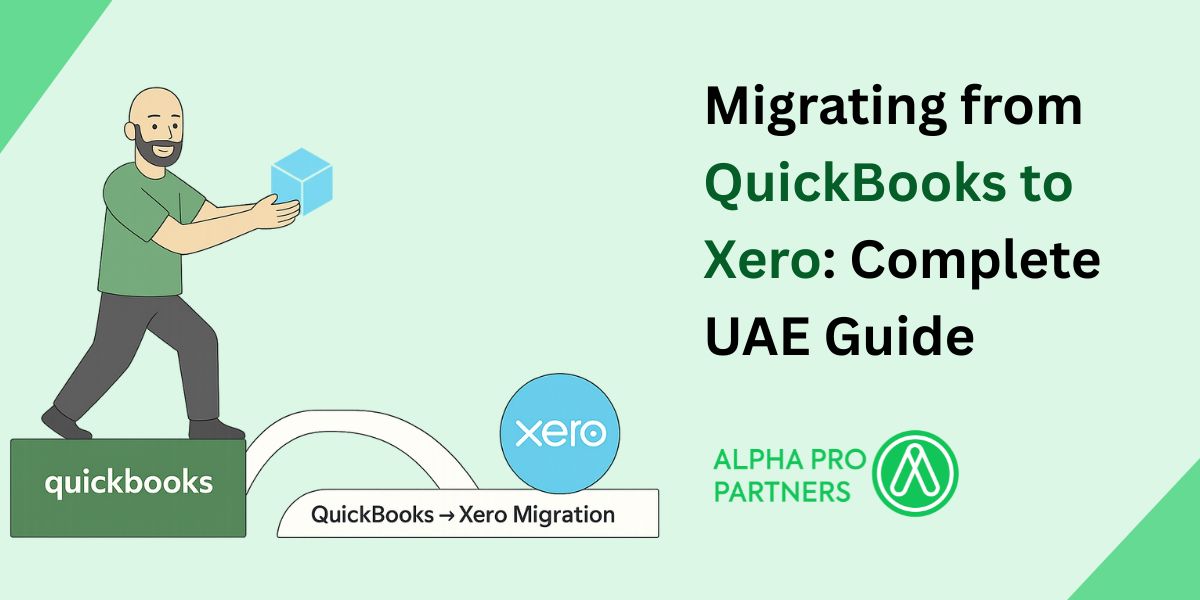Qualifying Free Zone Person Rules in the UAE Corporate Tax System

Table of Contents
1. Understanding Qualifying Free Zone Person Rules in the UAE
2. What is a Qualifying Free Zone Person (QFZP)?
3. Major Points to Consider for QFZP Status
4. Terms to Qualify as a QFZP
4.1 Showing Substance in the Free zone
4.2 Audited Financial Accounts
4.3 Transfer Pricing Compliance
4.4 Voluntary Exit
5. Income Categories: 0 Percent vs. 9 Percent
6. Eligible Activities vs. Exclusions
7. Serving the UAE Market while Retaining QFZP Status
8. The De Minimis Test
9. QFZP vs. Non-QFZP vs. Mainland Entities
10. Compliance and Corporate Tax Filing
11. Self-Check Framework for Free zone Companies
12. Common Misconceptions
13. FAQs
The UAE has long positioned its free zones as hubs for business growth, offering incentives to attract investors. With the implementation of the federal UAE Corporate Tax Law, new regulations determine which companies can retain these tax advantages. At the centre is the QFZP regime, under which qualifying free-zone companies may enjoy a 0% corporate tax rate on qualifying income. Non-qualifying income is taxable at 9%, so compliance is essential.
For the owners of businesses in free zones, attention is not merely on having a license; it’s proving substance, maintaining audited accounts, adhering to transfer pricing rules, and avoiding errors that can forfeit years of tax benefits.
What is a Qualifying Free Zone Person?
A QFZP is a freezone business that satisfies certain requirements in order to qualify for a 0 percent corporate tax rate on eligible income streams. Requirements include having audited financial statements, adhering to transfer pricing requirements, and conducting real business activity in the freezone.
If a QFZP fails to meet these conditions, it automatically loses its preferential tax regime, and all income is subject to the 9% rate for the current year and the next four tax years.
Major Points to Consider for QFZP Status
- 0 percent corporate tax is only on qualifying income.
- Non-qualifying income is liable to 9 percent.
- Evidence of free zone substance (office, staff, expenditure), audited financials, and transfer-pricing compliance are mandatory.
Non-compliance results in a lock-out period: you lose QFZP status for up to five years (current year + 4) and cannot reap the 0% benefit.
Terms to Qualify as a QFZP
1. Showing Substance in the Free zone
Companies are required to have adequate personnel, office accommodations, and operating expenses that correlate with the nature of activity they undertake in the free zone.
2. Audited Financial Accounts
From the year 2025, all QFZPs will have to file audited accounts as part of corporate tax filings to ensure a clear distinction between qualifying and non-qualifying income.
3. Transfer Pricing Compliance
Transactions with related parties need to have fair market value, which shall be backed by the documentation required for corporate tax.
4. Voluntary Exit
A company can choose to exclude itself from the QFZP regime, paying the regular 9 percent corporate tax on all its income. Re-entry is limited after having exited.
Income Categories: 0 Percent vs. 9 Percent
Qualifying Income for 0 Percent Rate:
- Intellectual property developed and held in the free zone
- Intercompany transactions within free zones
- Activities on the UAE official qualifying list: manufacturing, logistics, investment management, aircraft leasing
Non-Qualifying Income Subject to 9 Percent:
- Conventional banking and insurance
- Most mainland real estate activities
- Direct sales to consumers outside specified exceptions
- Any activities listed as excluded
Important: Unlike mainland businesses, QFZPs do not benefit from the AED 375,000 small business threshold for 0% rate on all income. Their 0% rate applies only to qualifying income
Eligible Activities vs. Exclusions
Eligible 0 Percent Activities:
- Manufacturing and processing goods
- Trading commodities (gold, chemicals, energy, agriculture) with revenue limits on logistics (e.g., up to 51% logistics/trading)
- Fund and wealth management operations
- Aircraft financing and leasing
- Headquarters, treasury, and related-party financing services (subject to conditions)
Excluded Activities:
- Conventional banking and insurance services
- Finance and leasing outside permitted treasury/aviation exceptions
- Real-estate income (unless limited to free-zone commercial property leased to free-zone persons)
- Retail sales to final consumers (unless exceptions apply)
Serving the UAE Market while Retaining QFZP Status
Freezone companies may serve mainland UAE clients, but the rules are stringent:
- Profits from a mainland branch are taxed at 9 percent
- Only certain qualifying activities may be supplied to mainland customers at 0% rate (e.g., approved manufacturing or logistics).
- Distribution to mainland final consumers is not typically eligible unless it passes through a designated zone and is sold to a reseller, processor or public-benefit entity.
The De Minimis Test
To prevent misuse of the 0% regime, the law imposes a de minimis threshold on non-qualifying income:
- Non-qualifying revenue must not exceed the lower of 5% of total revenue or AED 5 million in the tax period.
- Breaching this threshold triggers loss of QFZP status for the current period and following four tax years, with all income taxed at 9%.
QFZP vs. Non-QFZP vs. Mainland Entities
The optimal structure depends on your business model: B2C operations, banking/insurance, or large-scale real-estate may find mainland setup more appropriate than QFZP.
- QFZP: 0% on qualifying income, 9% on non-qualifying income; cannot form tax groups.
- Non-QFZP (Free Zone, but not meeting criteria): 9% on all income; tax-grouping may be permitted.
- Mainland Entities: 9% rate above AED 375,000; tax-grouping allowed; different regime applies.
Compliance and Corporate Tax Filing
Free zone companies should adhere to :
- Register with the Federal Tax Authority (FTA) and submit corporate tax filing within nine months of the year-end
- Prepare audited financial statements from 2025 onward
- Maintain contracts, invoices, and supporting records
- Follow transfer pricing rules when thresholds apply
Self-Check Framework for Free zone Companies
Ask these five questions to confirm QFZP eligibility:
- Is your company licensed in a UAE free zone?
- Does your activity appear on the official qualifying list?
- Does your company have sufficient staff, premises, and expenses to demonstrate substance?
- Are audited accounts prepared and transfer pricing rules followed?
- Does non-qualifying income stay below the de minimis threshold?
A “no” answer to any question indicates ineligibility.
Common Misconceptions
- Holding a free zone license alone guarantees 0 percent corporate tax - false
- All B2C e-commerce in a free zone is tax-free- false
- Any IP income qualifies - false; only IP developed with proper R&D meets criteria
- Holding a free zone license alone guarantees 0 percent corporate tax - false
FAQs
1. What are qualifying activities for UAE tax?
Manufacturing or processing of goods or materials. Trading of qualifying commodities. Holding of shares and other securities for investment purposes. Ownership, management, and operation of ships.
2. Who is exempted from UAE corporate tax?
According to the UAE corporate tax law, small businesses earning up to AED 375,000 in taxable income are not subject to the 9% corporate tax. This means that the tax rate, as per the rules, is effectively 0%.
3. Who is not required to register for Corporate Tax?
Certain entities like government entities, government-controlled entities, extractive businesses (oil and gas companies), and non-extractive natural resource businesses, provided they meet specific conditions.
4. Is registration with the Federal Tax Authority (FTA) mandatory even if a Free Zone entity expects to pay 0 % corporate tax?
Yes, all Free Zone companies must register with the FTA, even if they qualify for a 0% rate. Registration ensures compliance, reporting, and eligibility for QFZP status under the UAE Corporate Tax Law.
5. Can a Free Zone company opt out of the QFZP regime and choose to be taxed under the standard 9 % rate?
Yes, a company can voluntarily exit the QFZP regime and be taxed at 9% on all its income. However, re-entry into the QFZP regime is restricted and may only be possible after meeting specific conditions and waiting periods.

.webp)







%20Widgets%2C%20Shortcuts%20%26%20Customisation.jpg)







.webp)
.webp)


.png)
.png)
.png)
.png)
.png)

.png)
.png)



.png)
.png)





.jpg)


.jpg)





.png)
.png)






.png)


